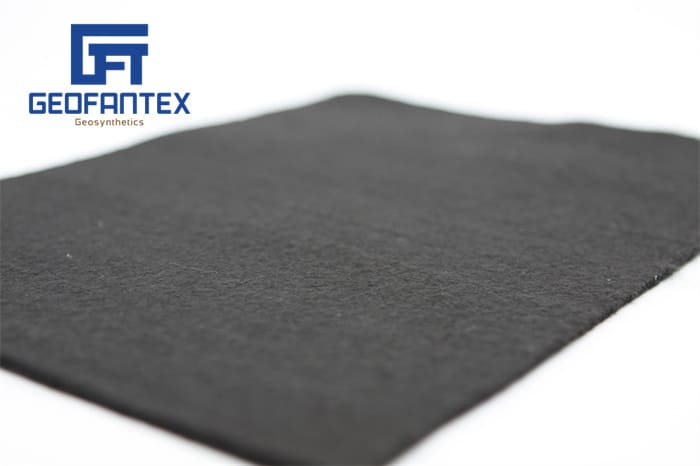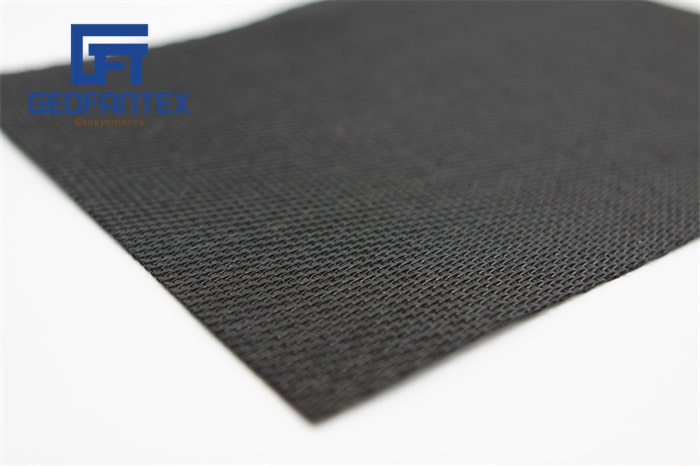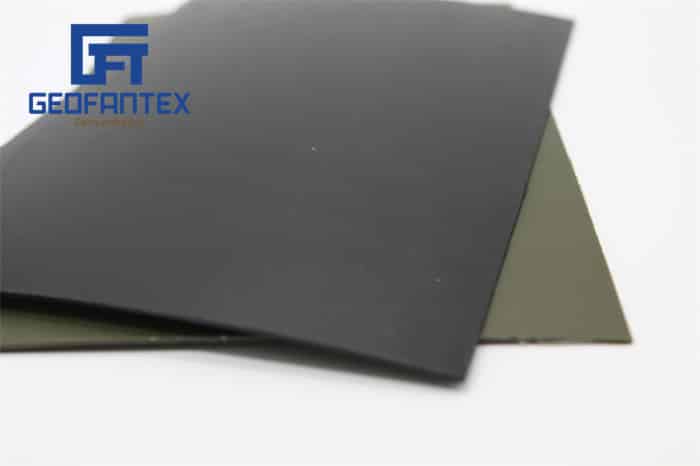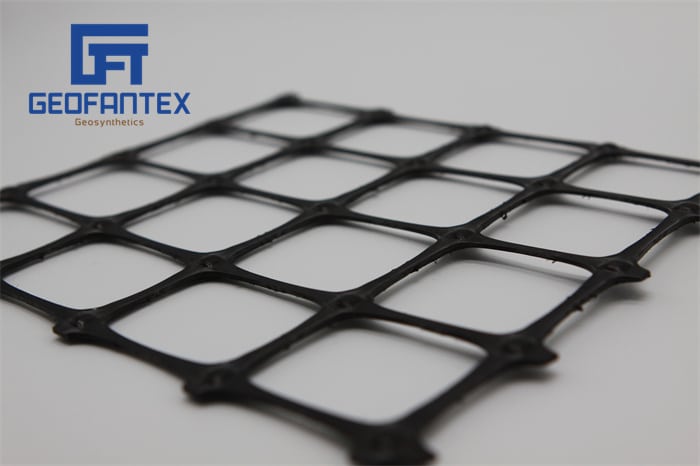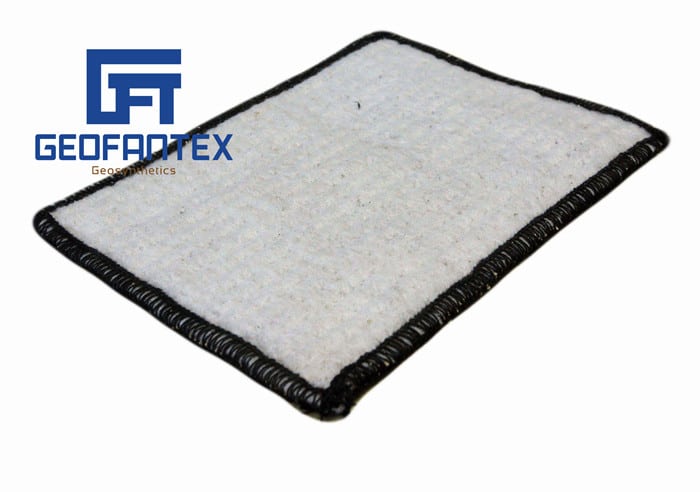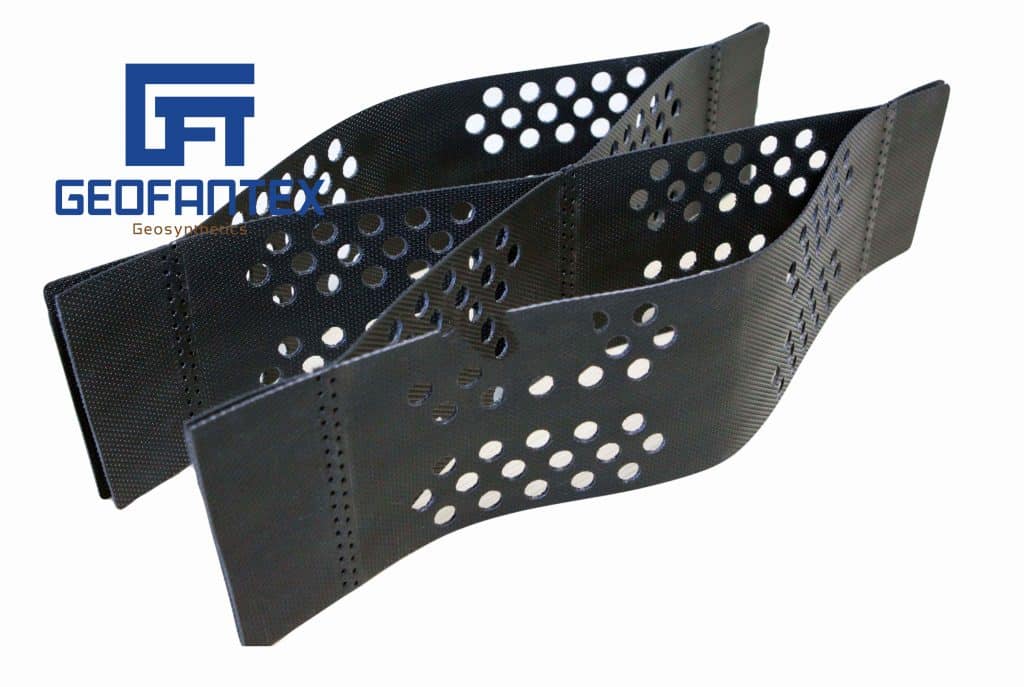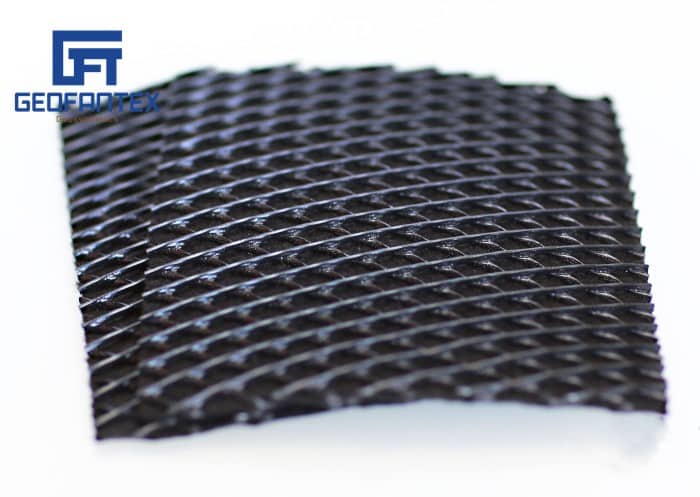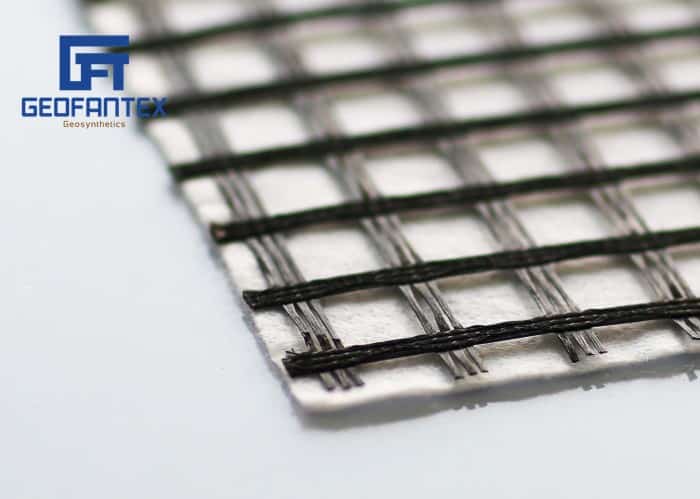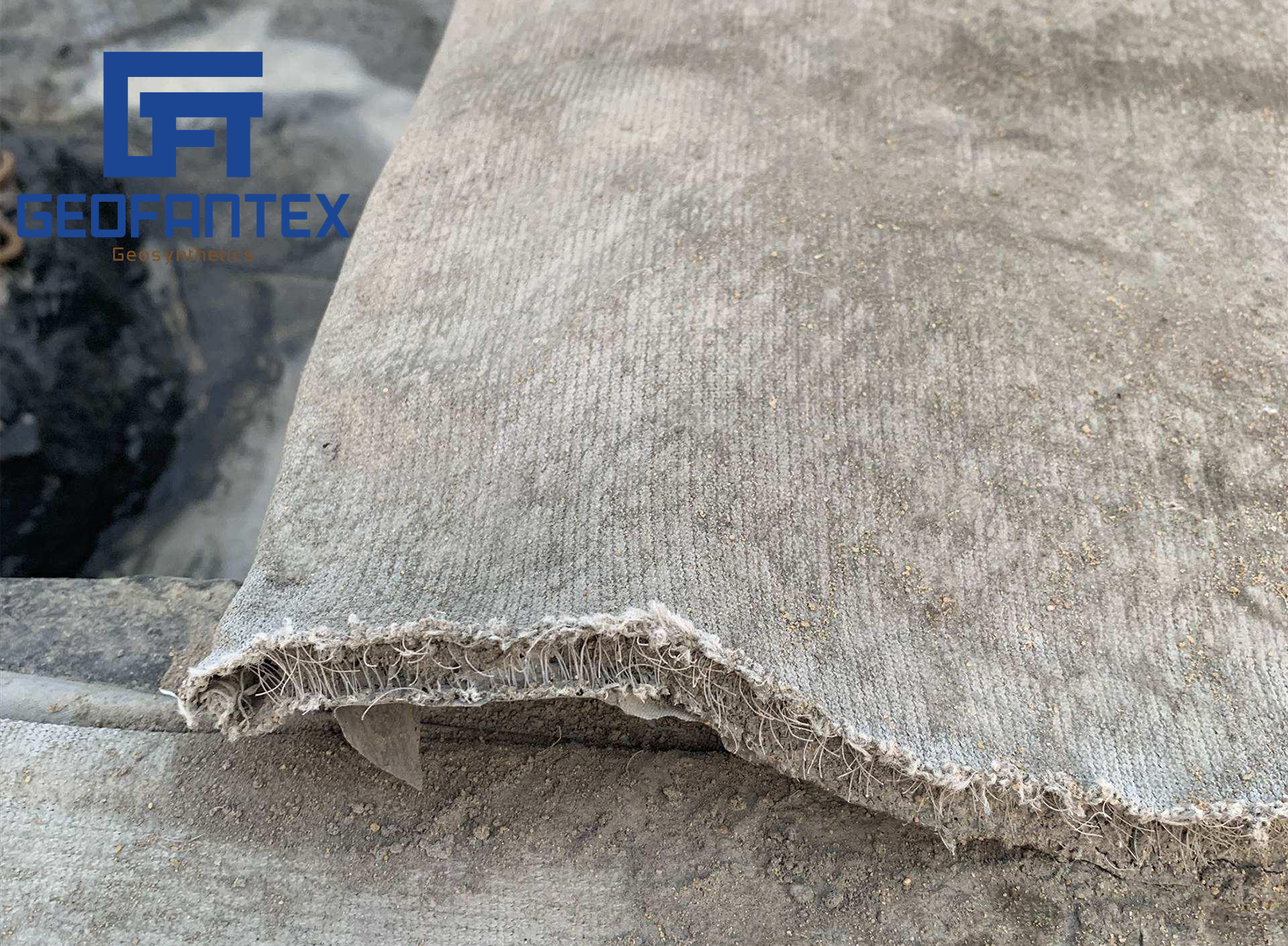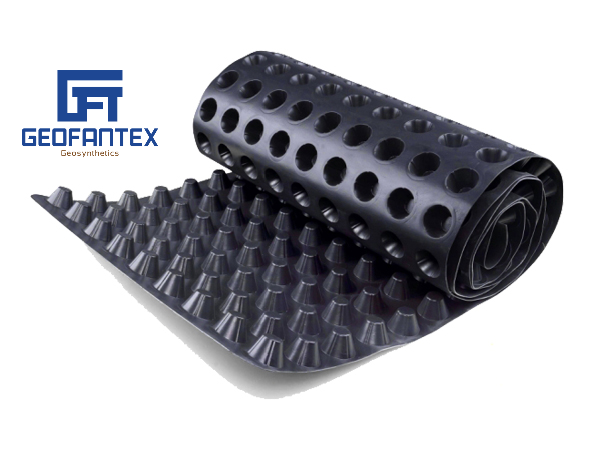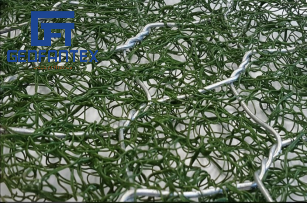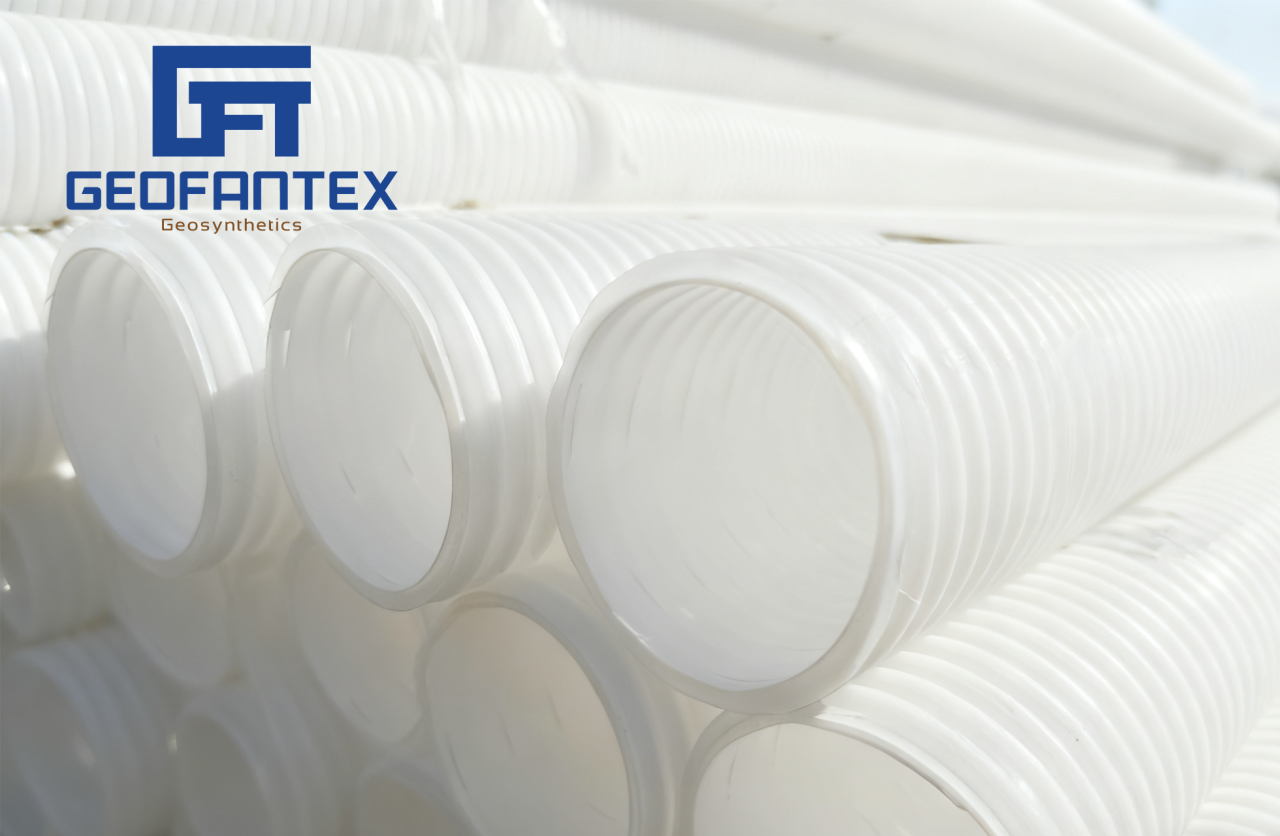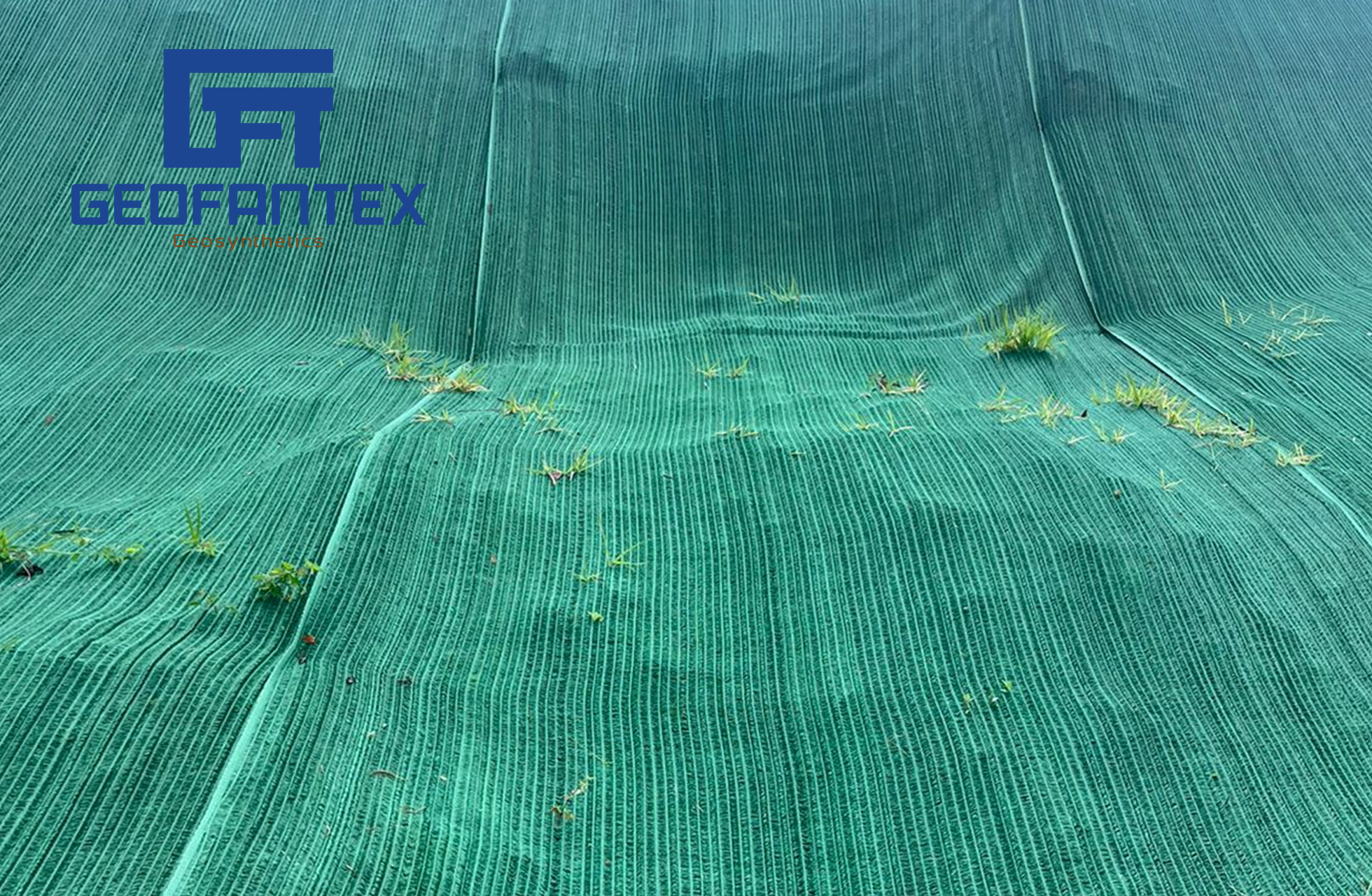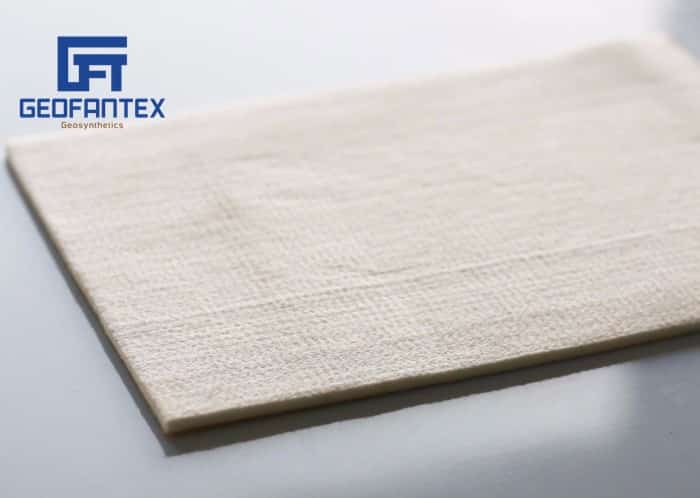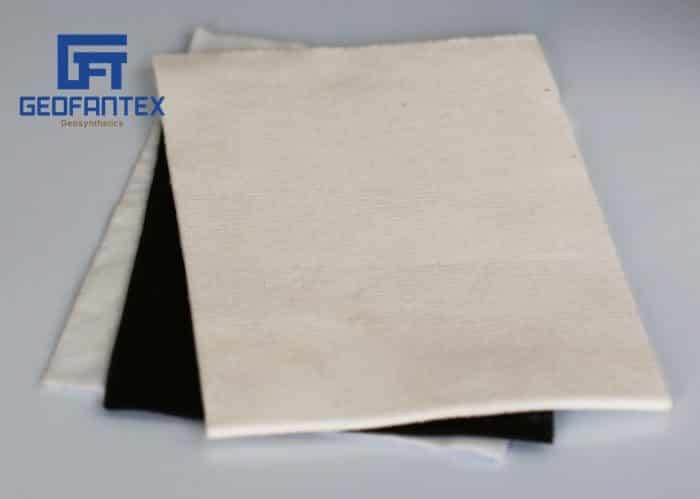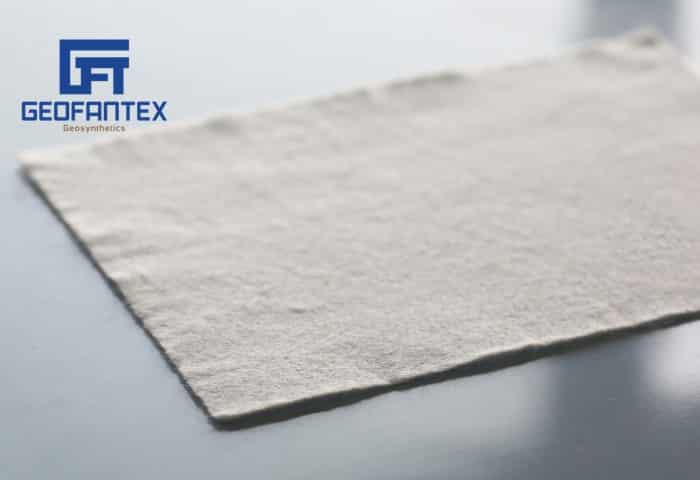+86-159 9860 6917
info@geofantex.com
geofantex@gmail.com
+86-400-8266163-44899
When considering geotextile driveway fabric cost, various factors come into play that significantly influence pricing. The cost of geotextile fabric varies based on the type, quality, and dimensions required for the driveway project. Factors such as material composition, thickness, and supplier policies dictate the price per square foot. Woven geotextiles, known for their enhanced durability and strength, tend to be priced higher compared to non-woven alternatives. Understanding these nuances in geotextile fabric costs empowers property owners to make informed decisions, balancing budget considerations with the long-term benefits of using quality materials for driveway construction or renovation.
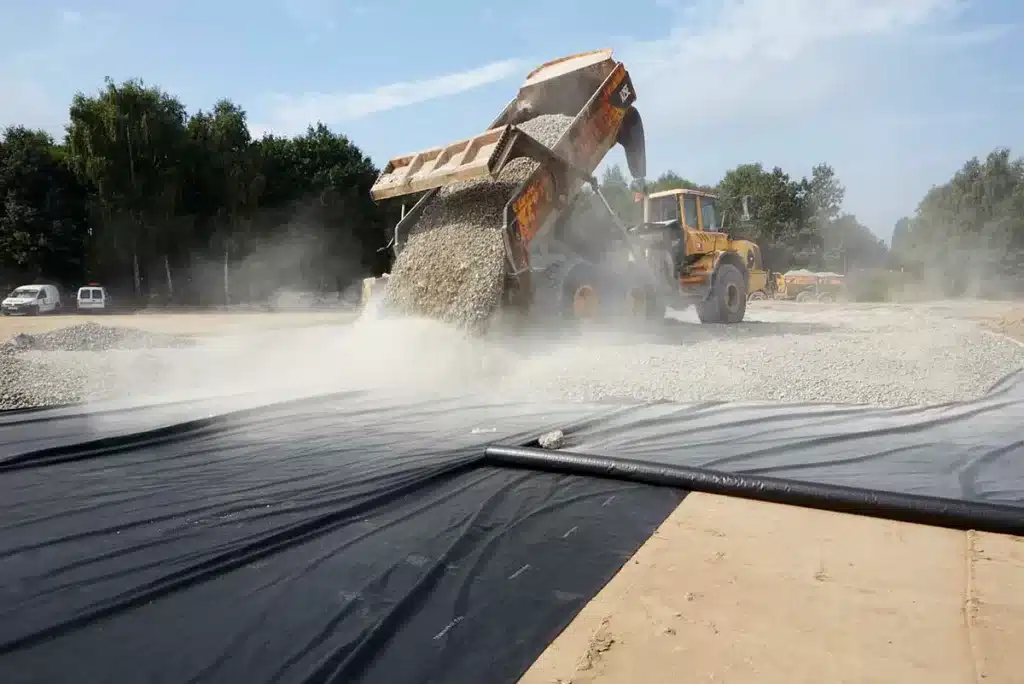
How much is geotextile per square foot?
The price of geotextile fabric typically ranges from $0.50 to $3.00 per square foot, depending on factors like material type (woven or non-woven), weight, and brand. For example, non-woven geotextiles often cost more due to their higher filtration and drainage properties.
How do you calculate geotextile?
How to Calculate Geotextile Fabric?
- Measure Area: Multiply length × width (e.g., 20m × 5m = 100m²).
Add Overlap: Include 10-20% extra for overlaps.
Check Roll Size: Divide total area by roll coverage (e.g., a 6m × 50m roll covers 300m²). - Example: For 100m², 1 roll of 6m × 50m is enough.
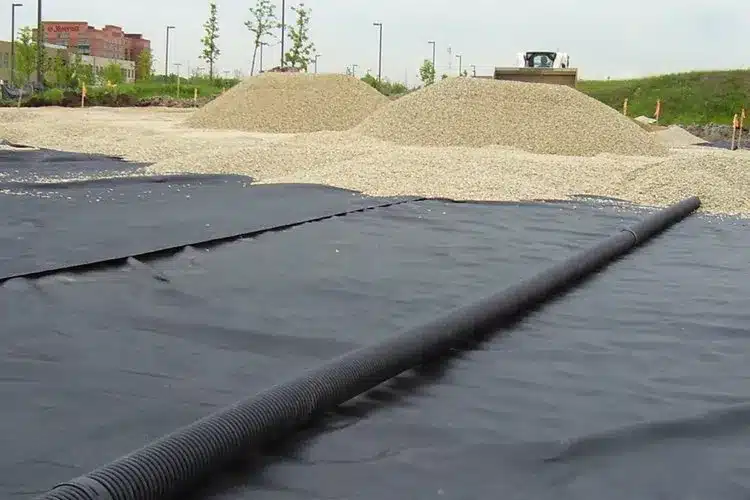
How long is a roll of geotextile fabric?
The length of a roll of geotextile fabric can vary depending on the manufacturer and the specific type of geotextile. However, standard rolls typically range from 50 to 500 meters (about 164 to 1,640 feet) in length. The exact length you need will depend on the application and the supplier.
For most common applications like landscaping or driveway stabilization, rolls are often around 100 meters (about 328 feet) long. For larger infrastructure projects, you might find rolls that are longer.
Is geotextile fabric needed for the driveway?
Using geotextile fabric in driveway construction can be highly beneficial, although whether it’s necessary depends on the specific conditions and requirements of your project. Here are some factors to consider:
- Soil Type and Condition: If the soil where the driveway is to be constructed is prone to shifting, has poor drainage, or is particularly soft or sandy, geotextile fabric can provide significant benefits. It helps stabilize the soil, provides a separation layer between the soil and the aggregate base, and can improve drainage, thereby extending the life and durability of the driveway.
- Driveway Usage: For driveways that will bear heavy loads or high traffic, geotextile fabric can help prevent rutting and maintain the integrity of the surface layer.
- Climate and Drainage: In areas with heavy rainfall or poor natural drainage, geotextile fabric can help facilitate the removal of water, reducing the risk of water damage and erosion under the driveway.
- Type of Driveway Material: If you’re using loose materials like gravel for your driveway, geotextile fabric can prevent these materials from sinking into the soil and getting mixed up, which helps maintain the driveway’s structure and appearance.
- Cost-Benefit Analysis: While adding geotextile fabric can increase the initial cost of driveway construction, it can also reduce long-term maintenance costs by improving durability and performance.
- Environmental Considerations: In some cases, using geotextile fabric can be environmentally beneficial, as it can reduce the need for additional quarrying of aggregate materials by stabilizing the existing soil.
In summary, while not always necessary, geotextile fabric can be a valuable addition to driveway construction, particularly in situations where soil stability, drainage, and durability are concerns. It’s always a good idea to consult with a professional who can assess the specific conditions of your site and provide tailored advice.
In conclusion, while the cost of geotextile fabric may add to the initial investment of constructing or renovating a driveway, its long-term benefits far outweigh the expense. It enhances structural integrity, reduces maintenance, and ensures a more durable and stable driveway, making it a wise investment for property owners.
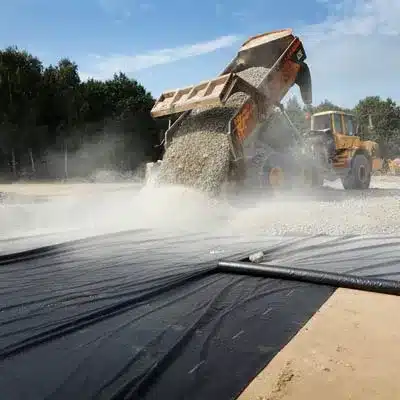
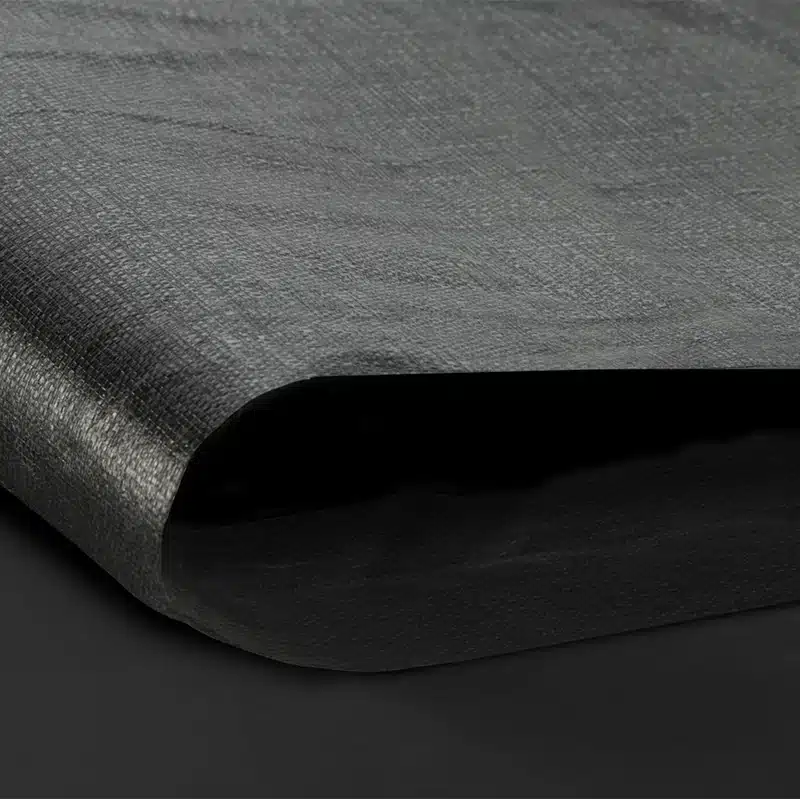
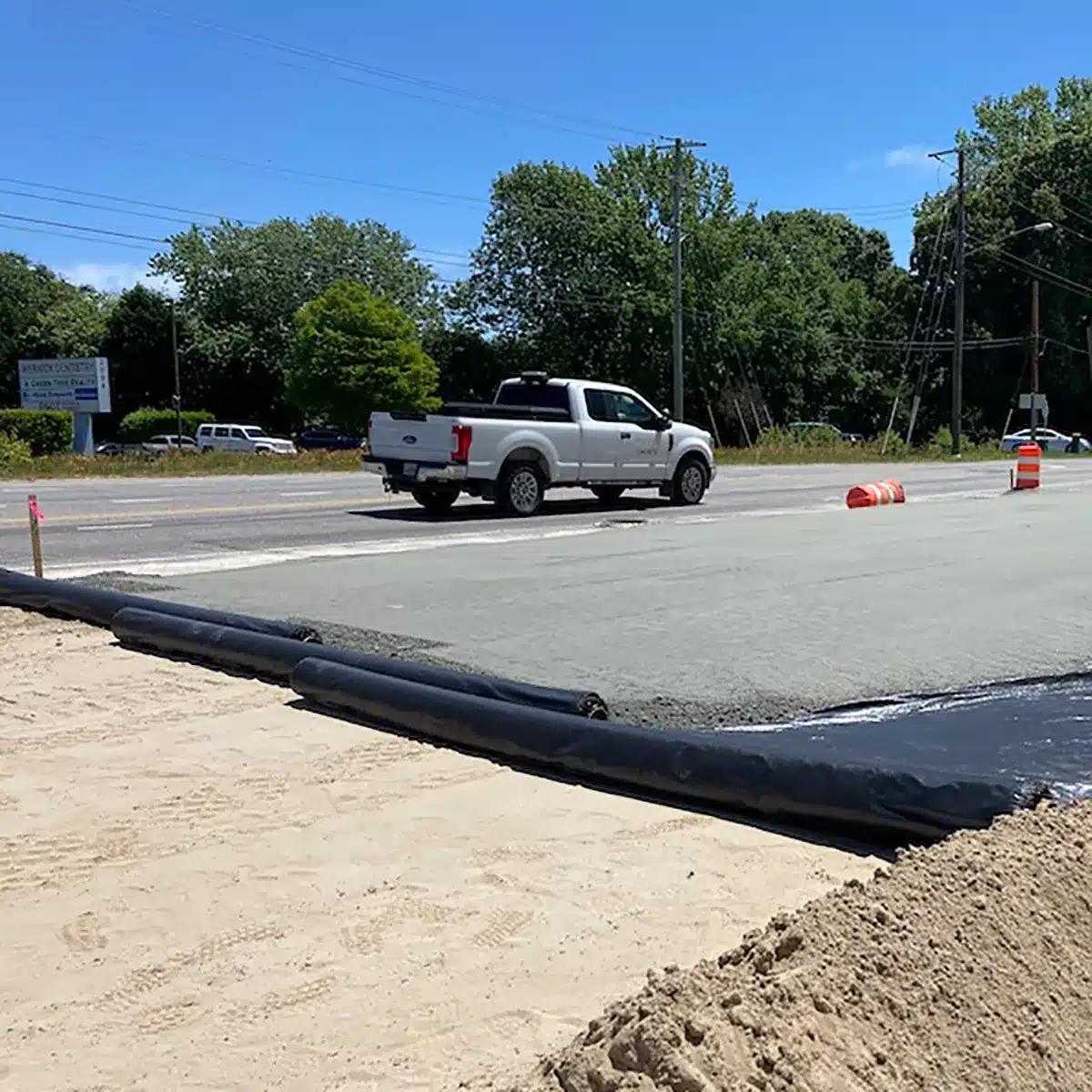
Get Free Sample
We’ll respond as soon as possible(within 12 hours)

